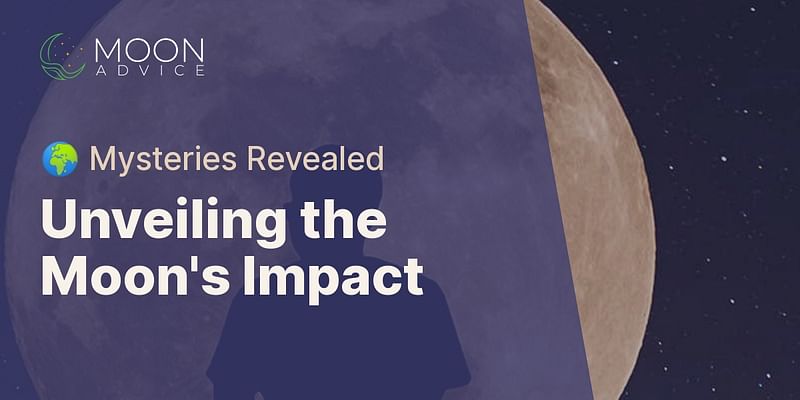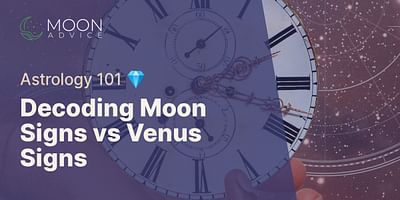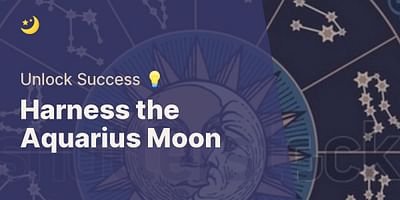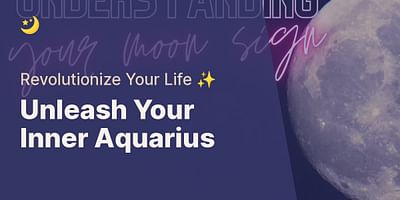Eloise Rowe is a distinguished astrologer, boasting over two decades of professional experience in the domain. Her expertise lies in lunar astrology, where she has devoted her career to unraveling the complex relationship between the moon's cycles and human emotions and interactions. Eloise firmly believes in the guiding power of the moon's phases through life's various highs and lows.
Dear Reader,
Thank you for reaching out with such an intriguing question about the moon's influence on life here on Earth. The moon, with its mesmerizing beauty and mystical presence, holds a profound impact on our planet and its ecosystems. Allow me to shed some light on this captivating topic.
The moon's influence on Earth can be observed in various ways, starting with its gravitational pull. As you may know, the moon's gravity affects the tides in our oceans. This ebb and flow of the tides not only shapes our coastlines but also impacts marine life and coastal ecosystems. The moon's gravitational force creates a rhythm that guides the behavior and migration patterns of many marine creatures, such as sea turtles and certain fish species.
But the moon's influence extends far beyond the tides. It also affects the Earth's atmosphere and weather patterns. During a full moon, for example, the increased gravitational pull can intensify atmospheric pressure, potentially leading to changes in weather conditions. Some studies suggest that the moon's phases may influence rainfall patterns, storm activity, and even the occurrence of natural disasters like earthquakes and volcanic eruptions. While the exact mechanisms behind these phenomena are still being explored, there is evidence to suggest a correlation between lunar phases and certain weather patterns.
Moreover, the moon's influence extends to the realm of plant and animal life on Earth. Many organisms, both flora and fauna, have evolved to synchronize their biological rhythms with the moon's phases. For instance, certain species of corals release their eggs and sperm during specific lunar phases, ensuring successful reproduction. Similarly, some nocturnal animals rely on the moon's light to navigate and hunt during the night.
Now, let's delve into the impact of the moon on human life. While scientific research is ongoing, anecdotal evidence and cultural beliefs suggest that the moon's phases can influence our emotions, behaviors, and even decision-making processes. Just as the moon affects the tides, it is believed to have a subtle pull on our emotional tides as well.
During a full moon, for instance, some people report feeling more energized, while others may experience heightened emotions or restlessness. This phenomenon has even entered our language, with phrases like "lunatic" and "moonstruck" reflecting the belief that the moon can influence human behavior. While the scientific community is divided on the extent of this influence, many individuals find solace in aligning their actions and intentions with the moon's phases, using lunar wisdom as a guide for personal growth and self-reflection.
In conclusion, the moon's influence on life here on Earth is vast and multifaceted. From shaping the tides and weather patterns to synchronizing biological rhythms and potentially influencing human emotions, the moon's presence is deeply intertwined with our planet's ecosystems and our own human experience. By embracing the wisdom of lunar cycles, we can tap into a deeper understanding of ourselves and the world around us.
I hope this answer has shed some light on the moon's influence on life on Earth. If you have any further questions or would like to explore this topic in more detail, please don't hesitate to reach out. Wishing you a harmonious journey under the moon's gentle glow.
With lunar blessings,
Luna Silverstone















